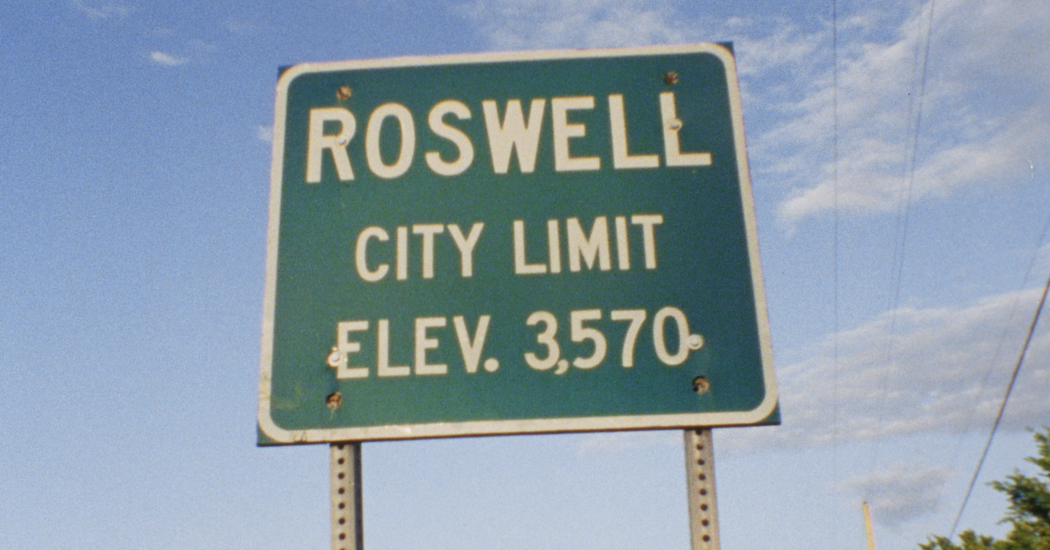Opinion | What a U.F.O. Crash Teaches Us About Our Time on Earth

.fallbackimg:before {
content: “”;
position: absolute;
top: 0; left: 0;
width: 100%; height: 100%;
background-image: url(”);
opacity: 0.5;
background-size: cover;
background-position: center;
}
#bgvideo{
opacity: 0.5;
}
.mobile-only{
display:block;
}
.desktop-only{
display:none;
}
h1.headline.mobile-only{
margin-bottom: 0;
}
@media screen and (min-width: 740px){
.fallbackimg:before{
background-image: url(”);
opacity: 0.5;
}
#bgvideo{
opacity: 0.5;
}
.mobile-only{
display:none;
}
.desktop-only{
display:block;
}
}
section[name=articleBody] header > div:first-of-type, main article header > div:first-of-type {
display:none;
}
section[name=articleBody] header time, main article header time{
margin: 0 !important;
width: 100% !important;
}
section.interactive-content {
z-index: 1000000100;
box-shadow: none !important;
}
.almostfamous .fallbackimg:before{
filter:brightness(0.5);
}
Opinion
Op-Docs
What a U.F.O. Crash Teaches Us
About Our Time on Earth
What a U.F.O. Crash
Teaches Us About Our
Time on Earth
Why did a U.F.O. allegedly crash in Roswell, N. M.,
of all places? In 1994, the filmmaker Bill Brown set out
on a road trip to explore the 1947 incident.
Why did a U.F.O. allegedly crash
in Roswell, N. M., of all places? In 1994,
the filmmaker Bill Brown set out on
a road trip to explore the 1947 incident.
What a U.F.O. Crash Teaches Us About Our Time on Earth
It was 1991. I listened to “Motorway to Roswell” by the Pixies a million times, but it’s not exactly where this movie came from. Partly it was the U.F.O. paperbacks I inhaled as a nerdy kid in Lubbock, Texas, and partly it was Lubbock itself. Growing up in West Texas, I learned that the real action is in the sky: dust storms, tornadoes and the occasional mystery light.
Then I took Robb Moss’s nonfiction filmmaking class at Harvard. He taught us that filmmaking could be a solitary pursuit, like writing a poem. That class set me adrift. I wandered through the 1990s with a camera in my hand, looking for a place to stay near some friendly star, couch surfing my way through a clutch of short 16-millimeter films about being lost in space. This film was the first of the series.
Mr. Moss showed us Chris Marker’s “Sans Soleil” in class one day. In part, it’s about making movies so you can watch them later and try to recover something of the past from them. For Mr. Marker, movies don’t replace our memories, exactly, but they create a little memorial in the place where a memory used to be. So that’s what my movie is for me now, 30 years later: a memento.
Bill Brown is a nonfiction filmmaker from Lubbock, Texas. He is at home on the range.
The Times is committed to publishing a diversity of letters to the editor. We’d like to hear what you think about this or any of our articles. Here are some tips. And here’s our email: letters@nytimes.com.
Op-Docs is a forum for short, opinionated documentaries by independent filmmakers. Learn more about Op-Docs and how to submit to the series.
Follow The New York Times Opinion section on Facebook, Instagram, TikTok, X and Threads.
This article has been archived for your research. The original version from The New York Times can be found here.


